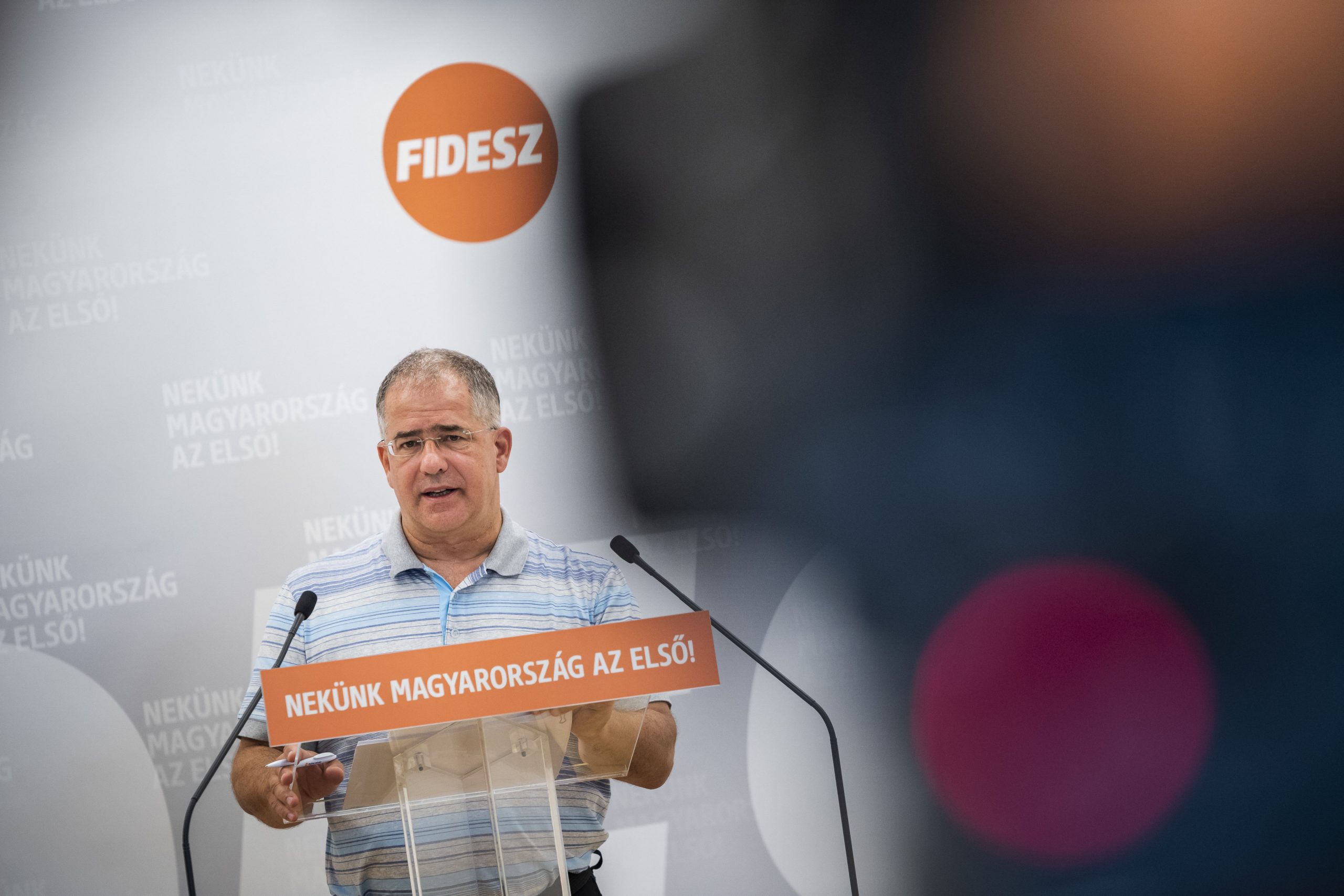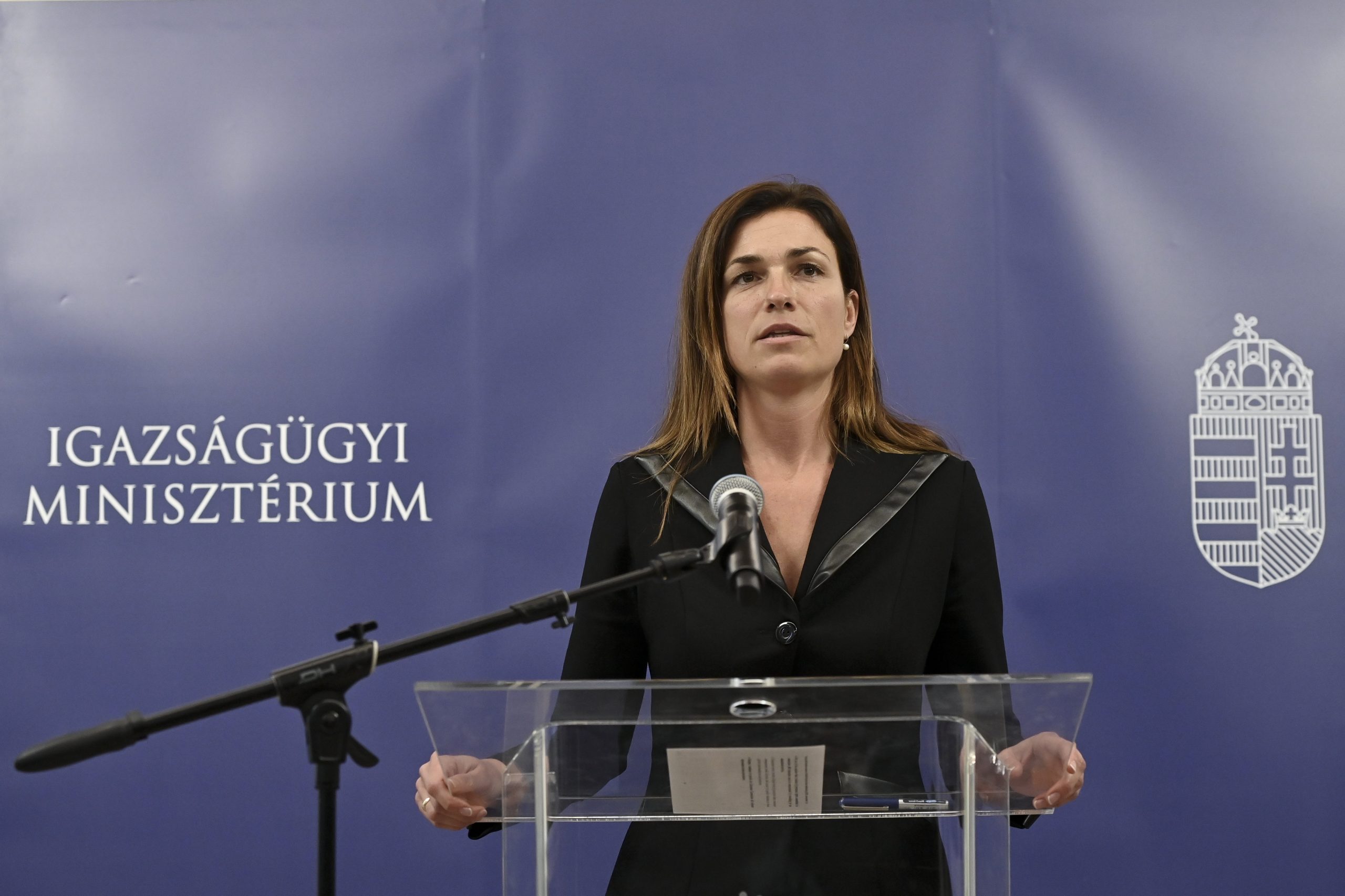
The opposition's reactions go as far as demanding the Orbán administration's resignation.Continue reading

“Human rights are at risk, and in particular freedom of expression and media freedom, which is a fundamental pillar of democratic society,” UN Special Rapporteur, Irene Khan, told Euronews, following a week-long visit, during which she met government officials, NGOs, activists, scholars, and journalists. In reaction, the Justice Minister rebuffs criticism, by labeling it “well-known left-liberal mantra.”
The Special Rapporteur in charge of promotion and protection of freedom of opinion visited Hungary between November 15-22.
“Over the past decade, Hungarian authorities have used laws, policies, and other measures, including financial support, to distort the media environment and independent media – and by that, I mean media critical of the regime, of the government- has suffered, while media that is pro-government has flourished. That’s a very dangerous situation, especially as Hungary heads into the elections.”
In addition, in reference to statistics, she also claimed that while state institutions provide about a third of the advertising revenue in Hungary, 75% of it goes to the pro-government media. “And therefore, independent media is left out in the cold.”
Commercial entities are also hesitant to support independent media, fearing a reaction from the Orbán-led government, in reference to discussions with relevant personalities, she stated.
“In the light of the upcoming parliamentary elections, I call on the monitoring and overseeing bodies to ensure equal and fair access to the media for all candidates, impartial reporting of information, news, and opinions on candidates and their platforms, freedom of media reporting, and the ability of voters to obtain information from a variety of sources.”
“In a democracy, there can be no monopoly of information,” she insisted.
In addition, she expressed concern about hate speech against journalists and human rights activists working on the rights of migrants, refugees, and the LGBTI community. She said she was also “deeply concerned about the toxic environment” created by the political leaders, adding that she heard concerns about pressures on institutional independence, and called on the authorities to protect academic freedom and respect the rights of students and academics.
“There is nothing new under the sun when it comes to discrediting Hungary!”, begins the Justice Minister’s reaction. According to Judit Varga, “all of the left-liberal mantras were mentioned,” by Khan, from the question on media freedom and media pluralism, to the Child Protection Act.
“It seems that a toxic environment for Madam Commissioner means a country where the liberal mainstream is not a hegemon but remains only as present as the conservative side (..) For us, however, media pluralism means the equal visibility of different views,” she wrote in reference to the media concerns.
Varga also rebuffs criticism about the toxic environment, arguing that “we’re also getting used to the usual empty phrases being used to criticize the measures protecting our children. However, our position remains clear: no one, not even the UN, can tell Hungarian parents how to raise their children.”
Finally, “the icing on the cake,” according to Varga, is “the fact that the wholly “independent and objective” Irene Khan was the secretary-general of an NGO for eight years, well paid by George Soros…”
The UN official’s criticism is not the first of its kind that the Hungarian government has had to face lately. In July, PM Viktor Orbán emerged as the only European leader among the Press Freedom’s Predators on the list compiled by Reporters Without Borders (RSF). Meanwhile, according to the head of a fact-finding delegation of the EP’s Committee on Civil Liberties, Justice, and Home Affairs (LIBE), Hungary has a kind of “one-party system,” and the fact that “one single party has put its people everywhere, from media, through the judiciary, to the universities, means that it can control a lot of things in the elections,” later adding that certain aspects of the rule of law had deteriorated in the country over the recent period. The Child Protection Law is also regularly under criticism for implementing regulations restrictive to the LGBTQ community.
The Special Rapporteur will present a comprehensive report on her visit at the 50th session of the Human Rights Council to be held in June 2022.
featured image via Szilárd Koszticsák/MTI